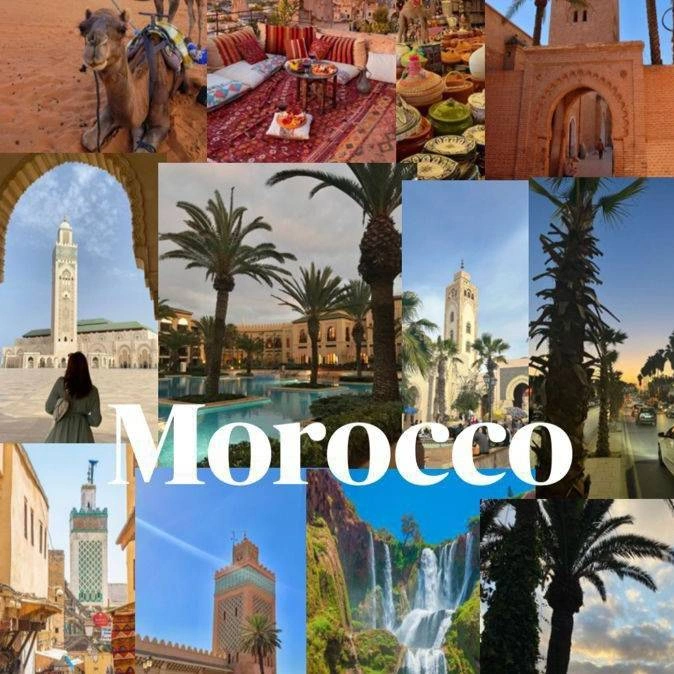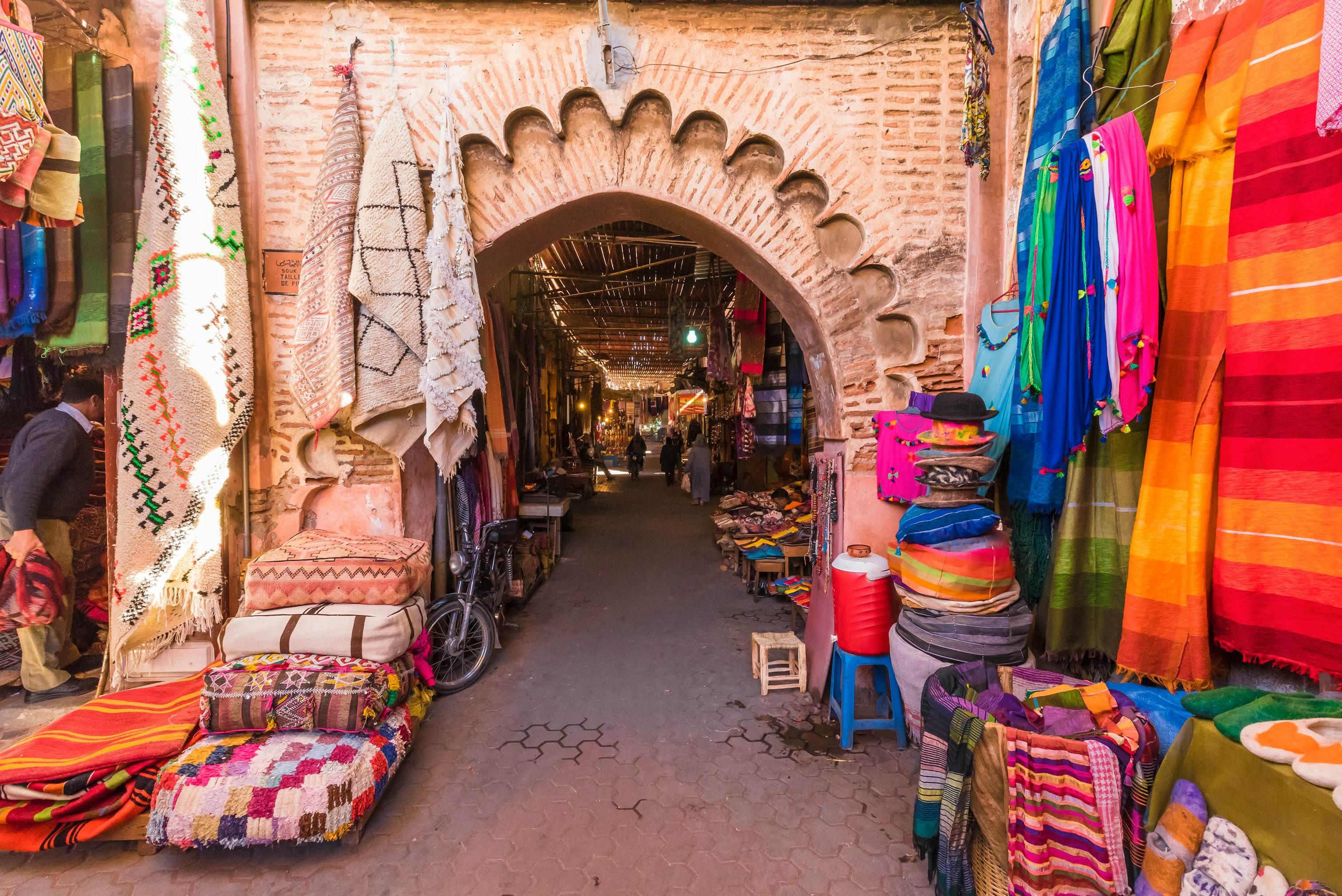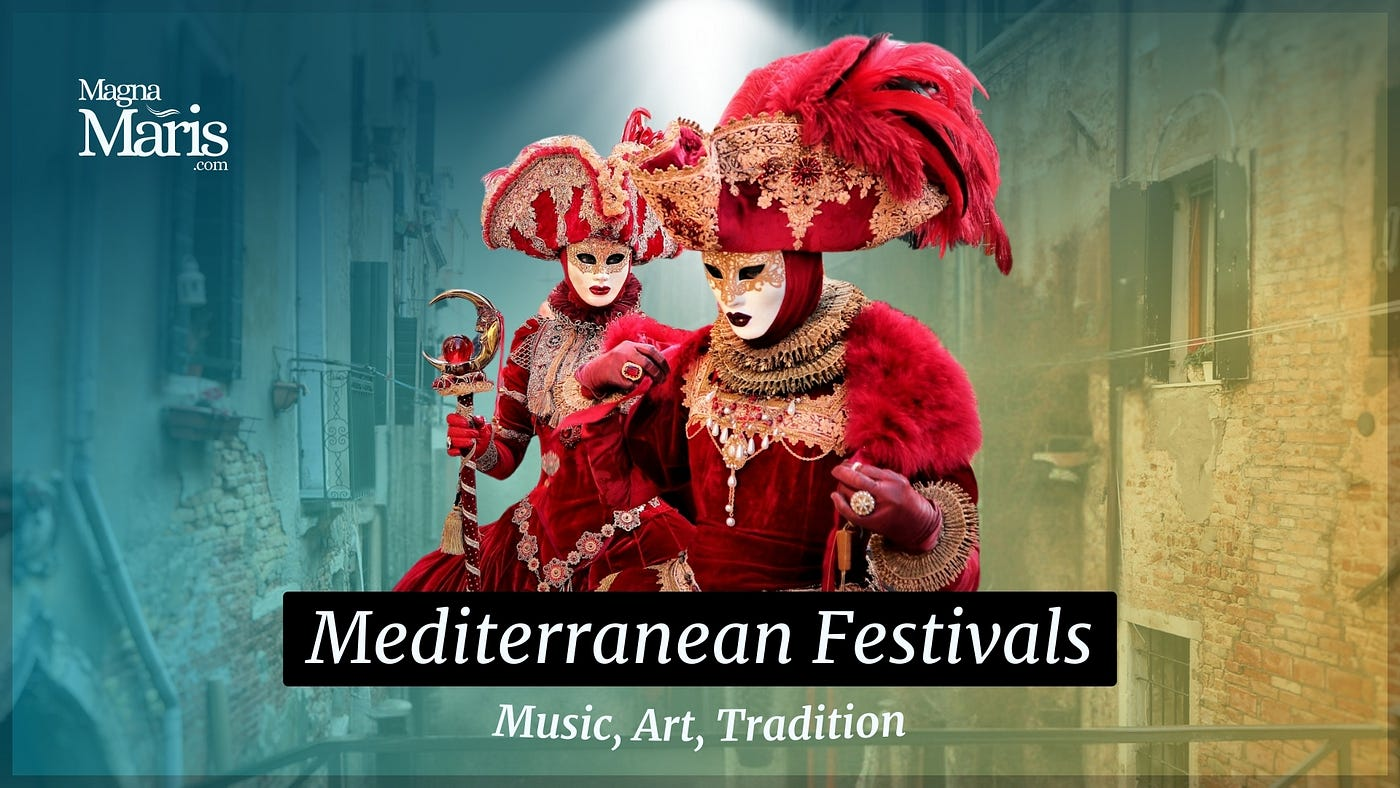- Published on
The Rhythmic Soul of Morocco Unveiling the Role of Music in Moroccan Culture
- Authors

- Name
- Adil ABBADI
Introduction

Music is an integral part of Moroccan culture, a sensory experience that resonates deeply within the country's vibrant streets, bustling souks, and cozy riads. It's an expression of Morocco's rich cultural heritage, a symphony of diverse styles, genres, and influences that reflect the country's unique blend of African, Arab, and Mediterranean traditions.
- Cultural Context
- Traditional Significance
- Modern Relevance
- Cultural Preservation
- Conclusion
- Cultural Call-to-Action
Cultural Context
Moroccan music is deeply rooted in its Islamic and Sufi heritage, with a strong emphasis on spiritual expression and devotional practices. The country's musical landscape is shaped by the confluence of various cultural influences, including the Andalusian legacy, African rhythms, and Arabic poetry. This cultural melting pot has given rise to a diverse range of musical styles, each with its unique character and emotional resonance.
Traditional Significance
In Moroccan culture, music is an essential component of daily life, accompanying various social and spiritual occasions, such as weddings, festivals, and Sufi rituals. Traditional genres like Chaabi, Gnawa, and Andalusian music are deeply ingrained in the country's cultural fabric, with each style boasting its own distinct instruments, melodies, and rhythms.

The Gnawa, a group of descendants of African slaves, have a particularly significant role in Moroccan music. Their unique blend of African and Islamic traditions has given rise to a distinct genre of music, characterized by hypnotic rhythms, soulful melodies, and powerful spiritual expression.
Modern Relevance
In recent years, Moroccan music has undergone a significant transformation, with modern artists blending traditional styles with contemporary influences, such as rock, pop, and electronic music. This fusion has given rise to a new wave of Moroccan music, which is both rootsy and experimental, appealing to a younger generation of Moroccans and international audiences alike.
Cultural Preservation
Despite the emergence of modern styles, there is a growing concern about the preservation of traditional Moroccan music. Efforts are being made to document and promote the country's rich musical heritage, with initiatives like the Moroccan Ministry of Culture's program to preserve and promote traditional music and the establishment of music schools and festivals dedicated to Moroccan music.

Conclusion
Moroccan music is a reflection of the country's rich cultural diversity, a vibrant tapestry of styles, genres, and influences that resonates deeply within the nation's soul. From the hypnotic rhythms of Gnawa music to the melodic elegance of Andalusian music, Morocco's musical heritage is a testament to the country's unique cultural identity and its enduring spirit.
Cultural Call-to-Action
As we delve into the fascinating world of Moroccan music, let us celebrate the country's vibrant cultural heritage and its incredible musical diversity. Let us appreciate the efforts of Moroccan musicians, festival organizers, and cultural institutions working tirelessly to preserve and promote the country's rich musical traditions. And let us continue to explore, appreciate, and be inspired by the rhythmic soul of Morocco.
